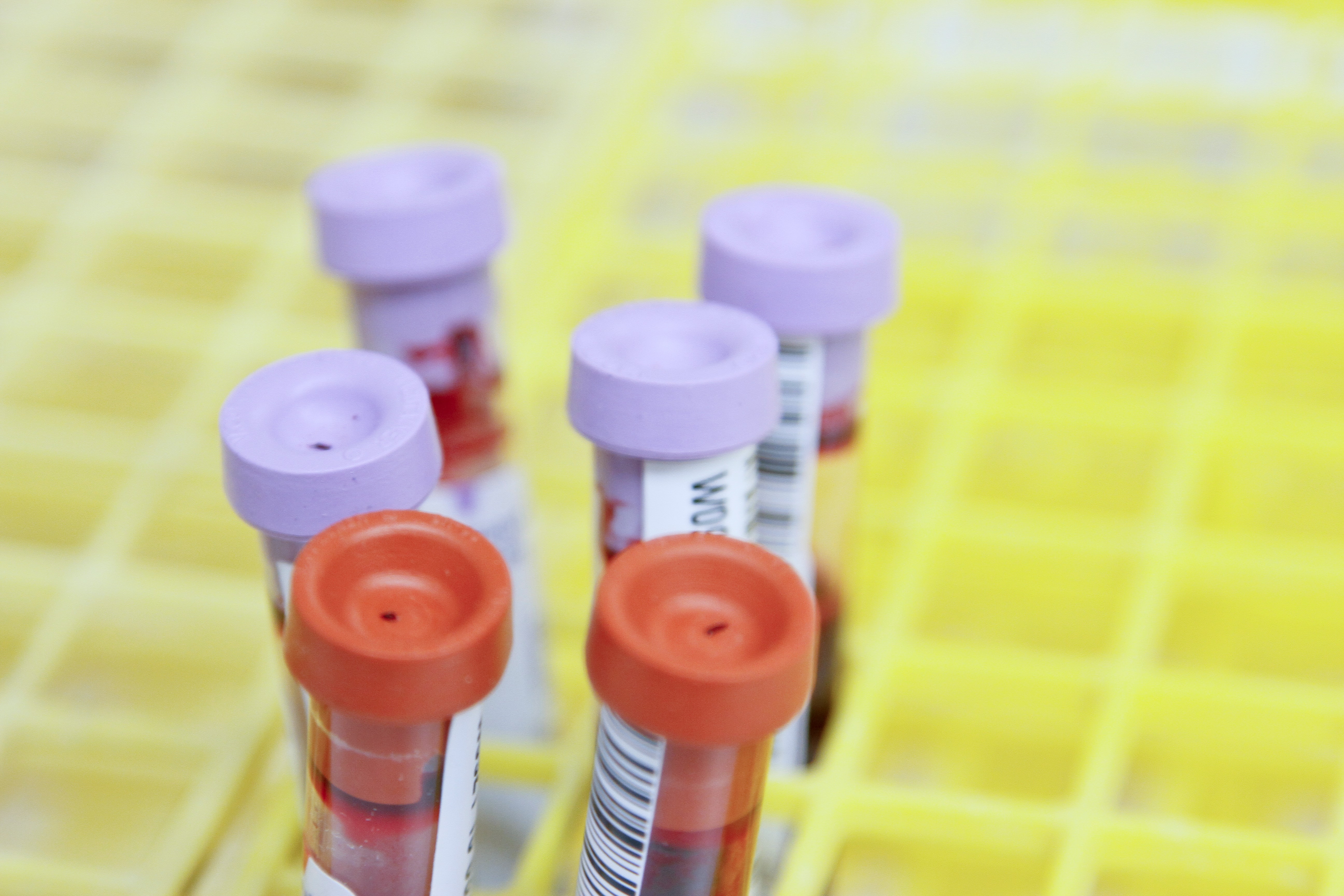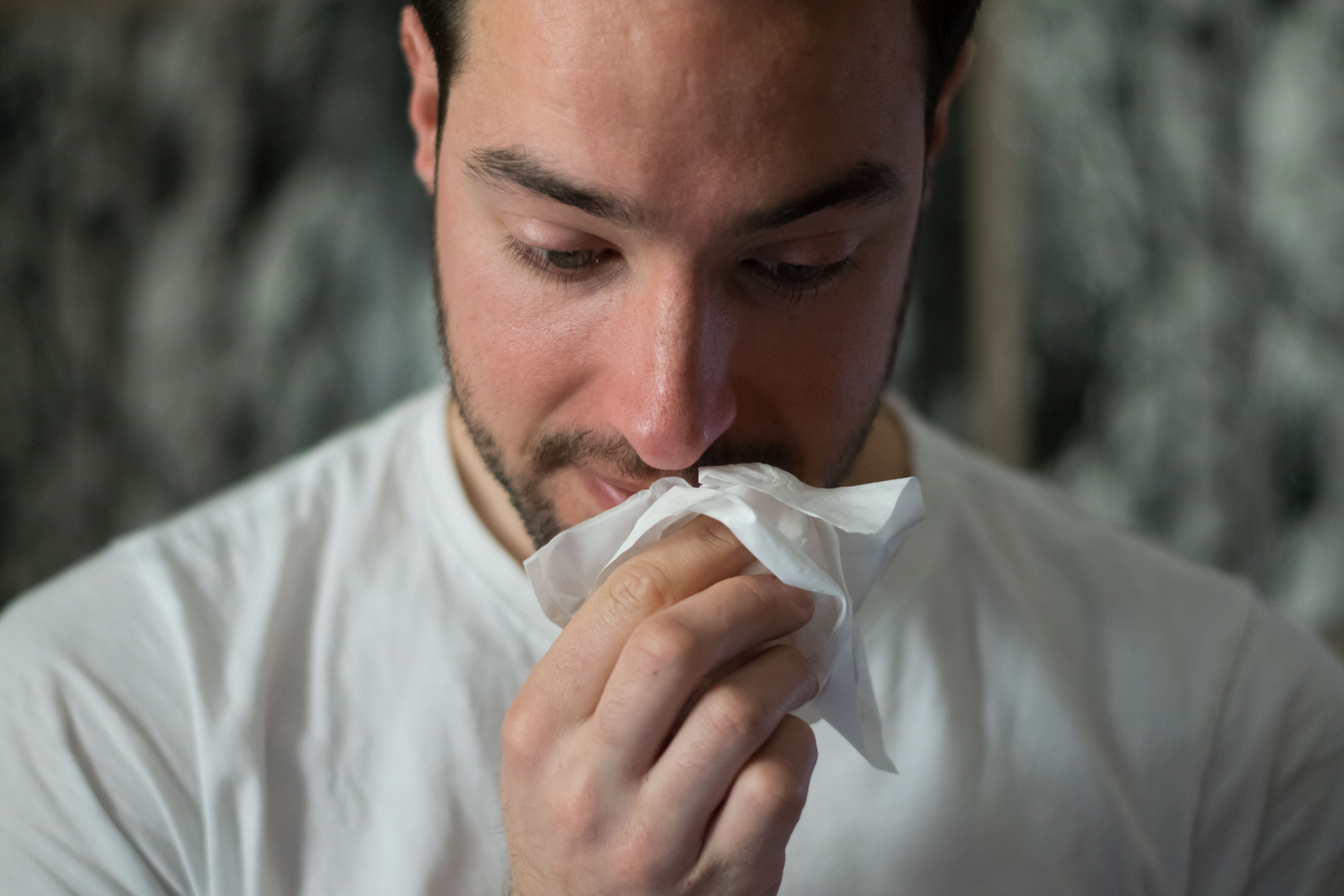Combatting Seasonal Allergies in Phoenix
Pollen allergies can be a hassle. No matter where you live, it seems like pollen can follow you almost anywhere. In order to understand how to combat pollen allergies here in Arizona, we must first understand how allergic reactions happen and what the body does to bring its systems back into balance after a reaction occurs.
What is an allergic reaction?
An allergic reaction occurs when the body attempts to fight off what it has detected as a foreign entity invading its systems. When something foreign comes in contact with your body, be it bacteria, virus, pollen, or dust particles, the body tries to isolate and eliminate the offending entity. To do this, your immune cells produce histamine, which then triggers a complex physiological process. The process is an inflammatory reaction that causes the following:
- A dilation of the the capillaries (small blood vessels) in the offended area, allowing more white blood cells to aid in eliminating the foreign entity.
- Increased fluid and swelling in the affected area.
- Thus, signaling more white blood cells to the area, Eosinophiles in particular.
By using this response, the immune system can isolate and then destroy the foreign entity, or pathogens. Unfortunately, with allergies, your body reacts to a false alarm, because allergens are not actually pathogenic or harmful. So the immune system is combatting pollen and dust the same way it would a virus or bacteria. However, this process is only triggered when the immune system recognizes the allergen as a foreign invader. Many people encounter pollen particles every day and have no immune, histamine, or inflammatory reaction to them at all. This is because the immune system has not tagged the pollen with a "forgein invader sign" (an IgE immunoglobulin).
For those of us who do have the allergic reaction to pollen, it is important to note that most traditional allergy medicines don't treat the underlying hyperactive immune response, but rather the result of the hyperactive immune system. There are several types of Antihistamines, like Benadryl and Claratin, that perform the same function, which is to block or decrease the histamine activity when it is released from the immune cells (mast cells). Decongestants are another option for allergy medicing that decrease the mucus created by the mucus mebranes and also widen air passages.
While both of these traditional medication types are effective in treating symptoms, they do not address the underlying cause, which is a sensitivity to allergenic molecules. When you treat the underlying cause, the symptomatic treatments are less necessary, or sometimes not needed at all. It is important to know this because your body can become dependent on some allergy medications, decongestants, eye drops, or nasal sprays.
With an integrative approach you can treat both the cause and the symptoms.
How pollen causes allergic reactions
When people think about a seasonal pollen allergy, they typically think of sneezing, watery eyes, a runny nose, and malaise. This happens because the nose, mouth, and throat (nasopharynx) acts as a filtration device for your lungs. When an allergen enters this area the hairs and muscus membranes act as a barrier to prevent entrance into the body. Increased muscus secretions occur when the immune system detects the foregin entities and white blood cells rush to the area. People with allergies are thus caught in the cycle of reactivity until the immune system no longer detects the allergens.
Pollen allergies in Phoenix
In the greater Phoenix area, the highest pollen counts during the spring and fall season are caused by trees and weeds. However, during the summertime, pollen counts are caused more by weeds, grasses, and dust storms. Those with pollen allergies will have a more abbreviated allergy seasonn in Phoenix. This means your symptoms will likely only be present during the peak Spring and possibly Fall seasons.
Here's a list of the most common pollens for weeds and trees in Phoenix (for a complete list, visit the pollen library):
Trees
-
Arizona Cypress
-
Arizona Walnut
-
Arizona White Oak
-
Box Elder, Ash-Leaf Maple
-
Narrow-Leaf Willow
- Palo Verde
-
Single-Leaf Ash
-
Texas Mulberry
-
Velvet Ash
-
Western Poison-Ivy
-
White Mulberry
Weeds
-
Ambrosia-Leaf Burr-Ragweed
-
Annual Ragweed
-
Black Mustard
-
Carruth's Sagebrush
-
Cattle-Spinach
-
Chinese Mustard
-
Dragon Wormwood
-
Five-Horn Smotherweed
- Flat-Spine Burr-Ragweed
How to manage your seasonal allergies
To curb your allergy symptoms in Phoenix, or anywhere, histamine levels (the main culprit for seasonal allergy symptoms) need to be managed.
From a naturopathic perspective, there are two options for improving how your body manages histamine.
- Improve how your body breaks down histamine.
- Reduce the amount of histamine the body makes.
The best way to improve how your body breaks down histamine is to determine if there is a problem with your enzymes that are responsible for that breakdown. There are three main enzymes in your body that breakdown histamine, and people with seasonal allergies often have a defect with at least one of these enzymes, causing slugish histmine breakdown. In some cases, there is simply a deficiency in certain nutrients or vitamins that impair the bodies ability to break down histamine. Ergo, you can improve how those enzymes work by taking the supplemental vitamins you are lacking.
Of course, before any of this can be done, you must first determine what your body is reacting to, and this can be done by having your doctor do a blood allergy panel. This will be particularly useful if you plan to take allergy shots that desensitize the immune system to offending allergens.
However, we here at Southwest Integrative Medicine believe that the control you are seeking for your allergies can be achieved without relying on allergy medicines. Contact us today to learn more.
If you do suffer from pollen allergies here in the Phoenix area, see the upcoming pollen forecast at the following link.





















